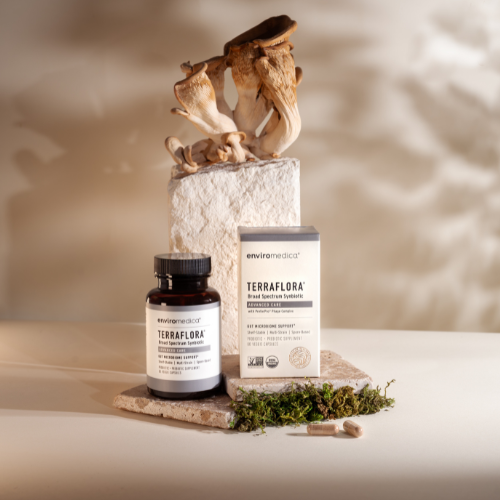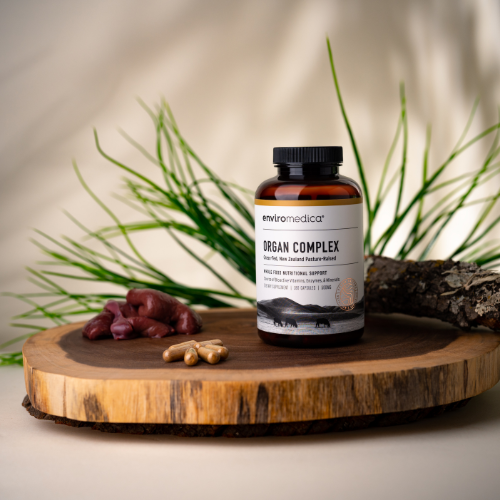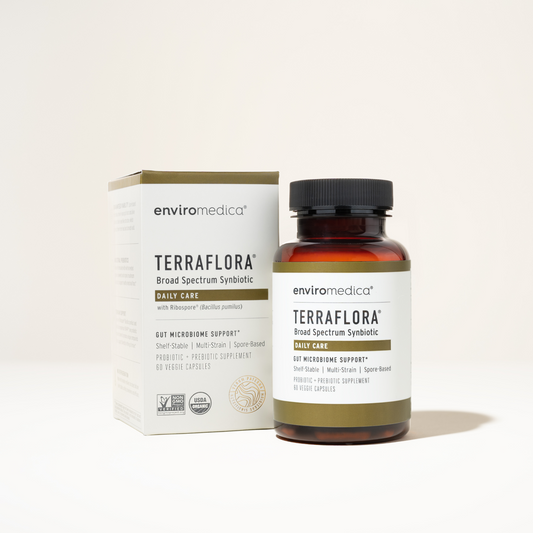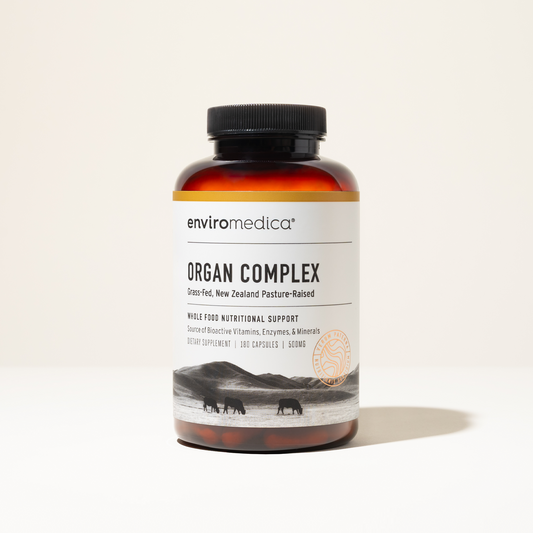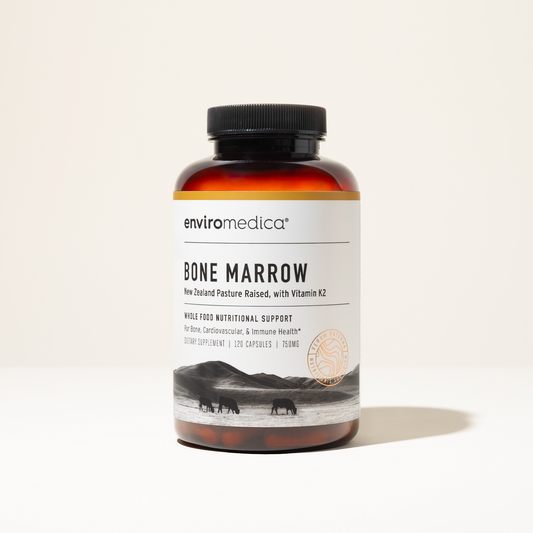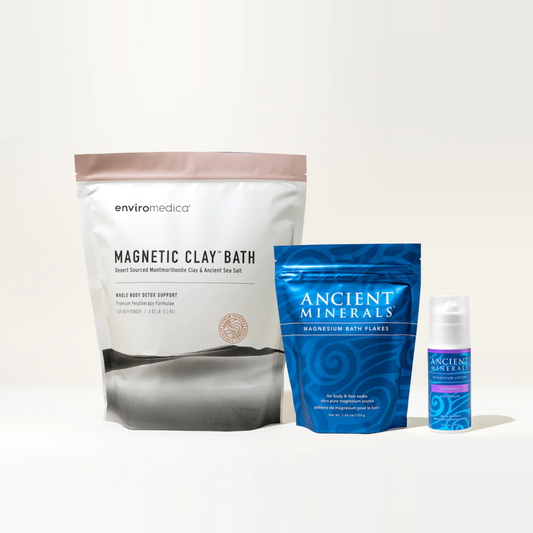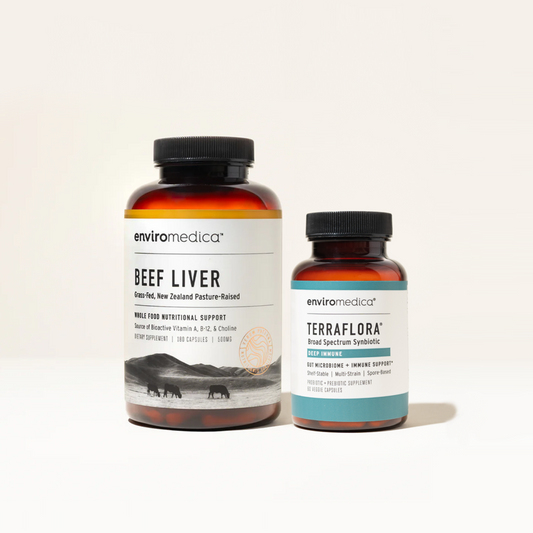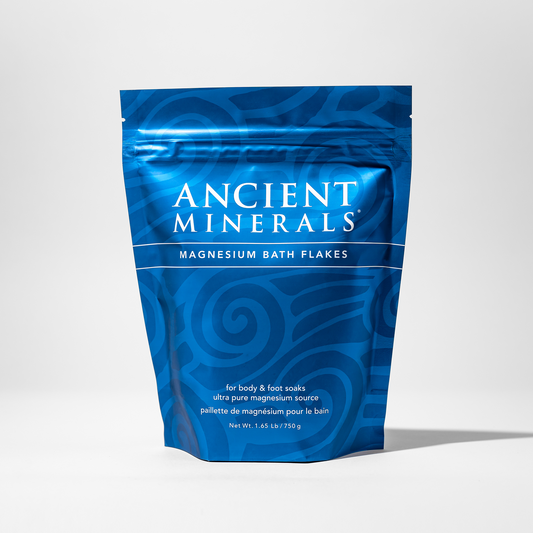Your health and your mycobiome
The mycobiome, the fungal component of the microbiome, plays a critical role in maintaining overall health. While much attention has been given to bacteria in the gut, fungi also contribute to the intricate ecosystem that supports human health.
Here's why a healthy mycobiome is essential:
1. Balance in the gut ecosystem
Fungi interact with bacteria in the gut to maintain a balanced microbiome. A healthy mycobiome helps regulate microbial diversity and prevents the overgrowth of harmful species like Candida.
Disruption in this balance can lead to dysbiosis, contributing to digestive issues, inflammation, and weakened immunity.
2. Immune system regulation
The mycobiome plays a role in training and modulating the immune system. It helps the body differentiate between harmful and benign organisms, reducing the risk of chronic inflammation or autoimmune responses.
3. Nutrient metabolism
Some fungi in the gut assist in breaking down complex carbohydrates and fibers, contributing to the production of short-chain fatty acids (SCFAs), which support gut lining integrity and energy metabolism.
4. Protection against pathogens
A diverse mycobiome acts as a barrier against opportunistic infections by occupying ecological niches and competing with harmful pathogens for resources.
5. Impact on brain health
The gut-brain axis links the gut microbiome and mental health. An imbalance in the mycobiome may contribute to mood disorders, anxiety, or cognitive challenges by affecting gut inflammation and the production of neuroactive compounds.
6. Role in skin and respiratory health
The mycobiome extends beyond the gut, influencing skin and respiratory tract health. A healthy fungal balance supports barrier function, reduces inflammation, and protects against fungal infections like athlete's foot or sinusitis.
Supporting a Healthy Mycobiome
Diet: A diet rich in fiber, fermented foods, and low in processed sugars promotes mycobiome health.
Probiotics and Prebiotics: While primarily focused on bacteria, these can indirectly support fungal health by fostering a balanced gut environment.
Lifestyle: Avoiding unnecessary antibiotics, managing stress, and ensuring good sleep can reduce mycobiome disruption.
Anti-Fungal Overuse: Avoid excessive use of antifungal medications unless necessary, as they can disrupt the natural fungal balance.
Understanding and caring for your mycobiome is a key step in achieving holistic health and maintaining the harmony of your body’s internal ecosystems.
